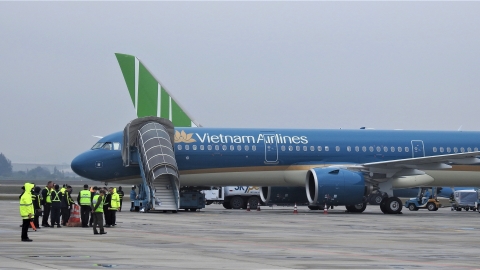Two more COVID-19 testing kits from Vietnam have been received.
According to Mr. Nguyen Minh Tuan, Director of the Department of Medical Equipment and Facilities, Ministry of Health, biological products manufactured in Vietnam have just been licensed by the Ministry of Health for use in COVID-19 testing using RT-LAMP and Realtime PCR methods, detecting the specific N gene region of the SARS-CoV-2 virus from nasopharyngeal swab samples of patients. Both of these new test kits are used for rapid screening of SARS-CoV-2 virus infections.
The Ministry of Health announced that with the addition of these two kits, Vietnam now has four kits for diagnosing Covid-19 (the previous two kits were put into use in early March 2020). All four kits produced in Vietnam have undergone quality testing and meet the requirements for disease detection in terms of sensitivity and specificity.
As of May 21st, Vietnam has gone 35 days without recording any new community infections. The total number of COVID-19 patients in Vietnam remains at 324, with 264 having recovered and 60 still undergoing treatment.
Over 5 million COVID-19 cases globally.
According to data from worldometers.info, as of the morning of May 21st, the total number of Covid-19 infections worldwide was 5,085,504, with over 329,000 deaths and 2,018,000 people having recovered. Notably, the WHO recorded 106,000 new infections in 24 hours, a record high for a single day since the outbreak began, with two-thirds of these cases recorded in just four countries: the United States, Russia, Brazil, and India.
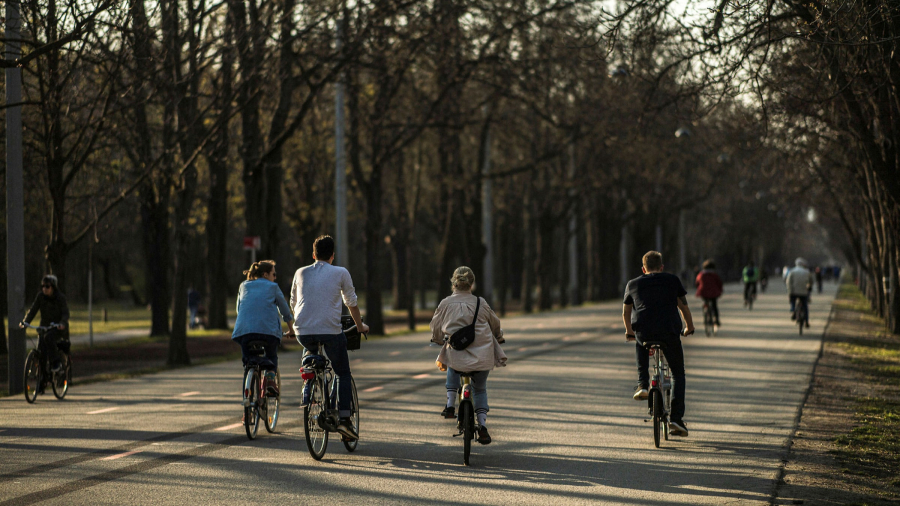
The US remains the country with the highest number of deaths, with over 94,779 cases, followed by the UK with 35,704 cases and Italy with 32,330 cases.
On May 20, Egypt announced 745 new cases of coronavirus infection, marking a record daily increase since the first case was detected in mid-February, bringing the total number of cases in the North African country to 14,229. The number of new infections also continued to rise in neighboring Algeria and Morocco.
On the same day, the World Health Organization (WHO) also expressed concern about the increasing number of SARS-CoV-2 virus infections causing COVID-19 in poor countries, as many wealthy countries have begun to ease lockdowns.
Indonesia introduces a range of products to combat the COVID-19 pandemic.
On May 20th, Indonesian President Joko Widodo introduced a series of research, technologies, and products used to accelerate the response to the COVID-19 pandemic. A total of 55 products, including a rapid SARS-CoV-2 PCR-based test kit, have been researched, developed, and are ready for mass production by domestic organizations and universities.
The list also includes ventilators for emergency use, herbal immunomodulators, research on plasma transfusions from recovered patients to treat those infected with Covid-19, mobile laboratories meeting biosafety level 2 (BSL-2) standards, AI-powered systems for detecting Covid-19, the Raisa medical assistant robot, and PAPR masks with air purification systems.
Japan and Singapore are considering steps to lift lockdowns.
With the pandemic situation in the Kansai region having stabilized, the Japanese government is considering lifting the state of emergency in three prefectures in the area if no new outbreaks occur.
One of the key criteria set by the Japanese government for lifting the state of emergency in a locality is that the rate of new infections per 100,000 people remains at a maximum of 0.5 for seven consecutive days. To date, three prefectures in the Kansai region – Osaka, Kyoto, and Hyogo – have met this criterion. Meanwhile, Tokyo and the neighboring prefecture of Kanagawa have yet to meet this criterion, despite a decrease in new infections.
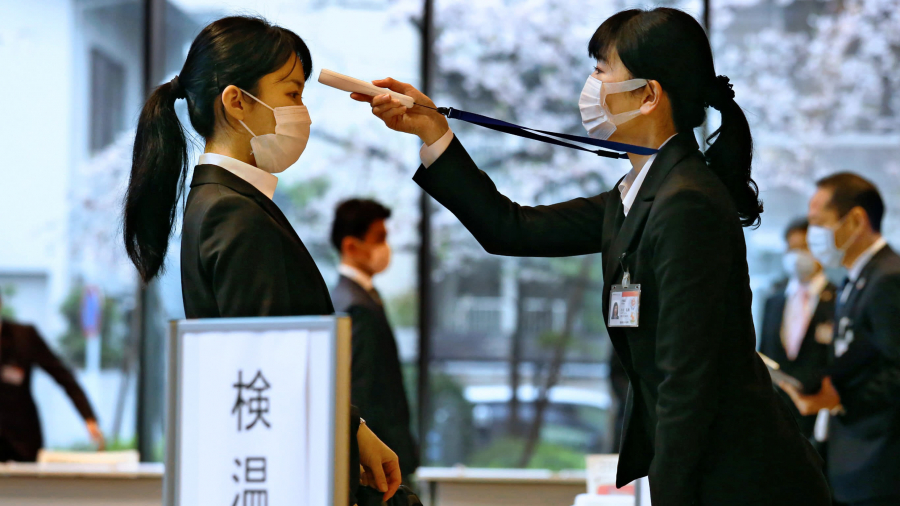
In Singapore, the lockdown measures implemented to combat the Covid-19 pandemic will officially end on June 1st, and the island nation will gradually restart its economy in three phases over the following months.
Specifically, starting on June 2nd, Singapore will implement Phase 1 in a very cautious manner, with many restrictions remaining in place as they are now. This phase is expected to last at least four weeks.
India is about to reopen domestic commercial flights.
On May 20th, India's Minister of Civil Aviation, Hardeep Singh Puri, announced that domestic commercial flights would resume from May 25th. The Ministry will soon announce new standard operating procedures. Airports nationwide have also begun implementing new measures to protect travelers from the SARS-CoV-2 virus.
The ministry also noted that when airports reopen, they will operate on a phased, restricted schedule, possibly at 30% capacity, to ensure necessary social distancing.
Cambodia lifts entry ban for tourists from 6 countries.
On May 20, the Cambodian Ministry of Health announced that it had lifted the entry ban for travelers from Italy, Iran, Germany, Spain, France, and the United States – a ban that had been imposed to prevent the spread of the disease.
However, foreign visitors will still need a certificate confirming they are not infected with the SARS-CoV-2 virus within 72 hours prior to entry and must demonstrate health insurance worth USD 50,000 for the duration of their stay in Cambodia. They will also have to quarantine for 14 days after entry in a government-designated area and be tested for the virus.
EU countries are at odds over the issue of reopening borders.
During a virtual meeting on May 20th, tourism ministers from the European Union (EU) discussed a roadmap for gradually reopening borders in the summer, as proposed by the European Commission (EC). However, the parties failed to reach a consensus on this issue.
Gari Capelli, Croatia's Minister of Tourism, whose country holds the rotating EU presidency, argued that countries need to reopen borders responsibly by signing bilateral agreements, especially between countries with similar levels of the pandemic, to ensure that the disease does not re-emerge. For countries with dangerous outbreaks, a more cautious approach is needed, and borders should be reopened after other countries.
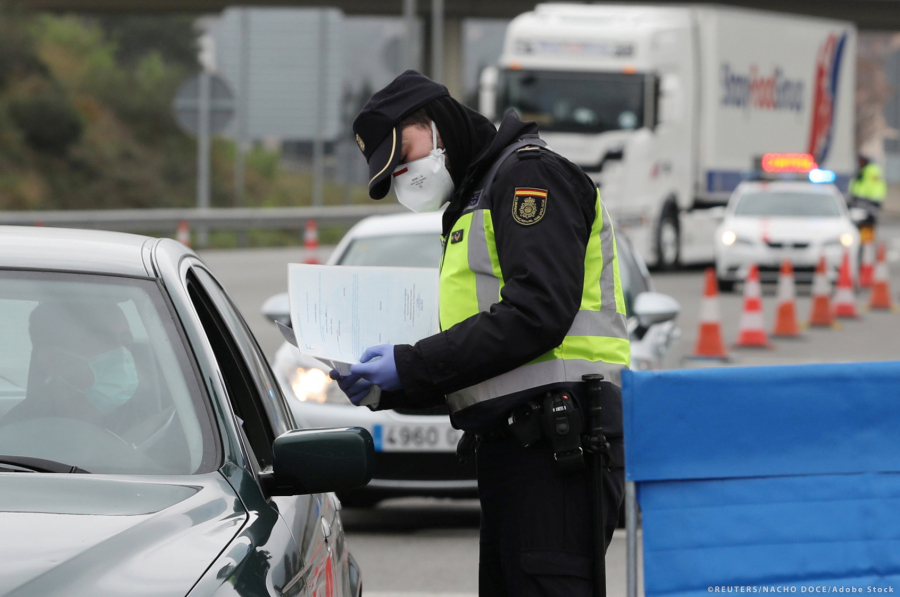
Currently, countries in the Schengen area are implementing border opening measures in a non-uniform manner.
Also at the meeting, France called for better coordination among countries. Paris's goal is to reopen internal EU borders from June 15, but must ensure that the reopening process is not carried out at different speeds. Meanwhile, Germany wants to bring together the 11 southern EU countries to discuss how to coordinate the reopening of borders.
Germany closes airport due to drop in passenger numbers.
The Berlin State Finance Ministry announced that Tegel Airport in the capital may close from June 15th to save costs, amid declining passenger numbers due to the pandemic.
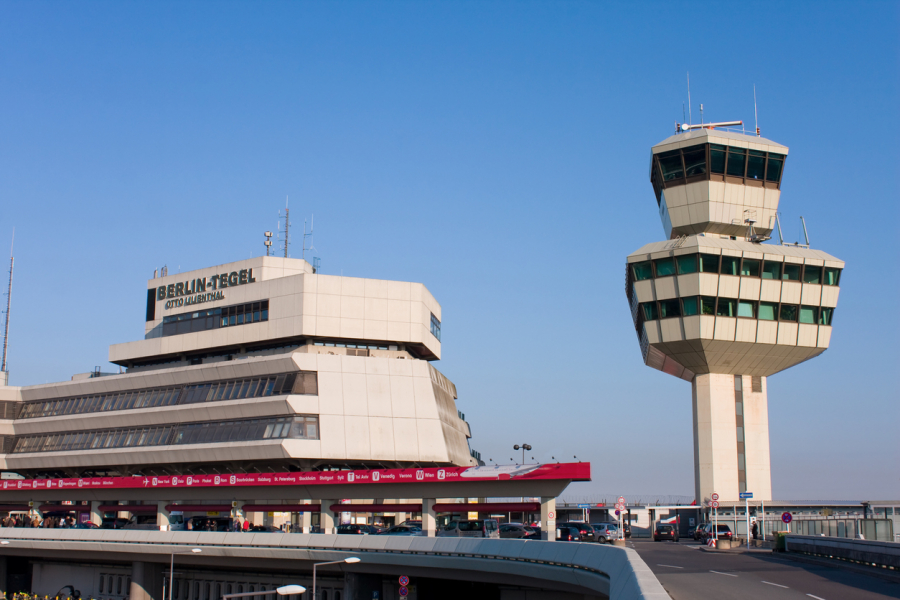
In terms of passenger traffic, Tegel Airport is the fourth largest airport in Germany, after Frankfurt/Main, Munich, and Düsseldorf. In 2019, Tegel Airport handled approximately 24 million passengers. However, during the current pandemic, passenger numbers have dropped sharply, and the airport is now handling only about 2,000 passengers per day.
Cambridge University (UK) has decided to teach online for the new academic year.
The University of Cambridge in the UK will maintain online teaching and learning until at least the summer of 2021 due to the pandemic. This is the first university in England to plan for a new academic year starting in September.
Cambridge University's decision comes amid ongoing debate in Britain about whether it is safe for students to return to school. Ministers plan to partially reopen primary schools from June 1st, but unions and local councils are concerned about student safety.
France closes three beaches after tourists violated anti-epidemic regulations.
Last week, as France began easing its coronavirus restrictions, hundreds of beaches were allowed to reopen for swimming, jogging, and fishing, although most still prohibited picnics due to social distancing requirements aimed at avoiding a second wave of infections.

However, the Morbihan province (southwest France) announced that beaches in Damgan, Billiers, and Erdeven would have to close from the evening of May 20th due to "unacceptable behavior" by people last weekend.
Authorities said they had asked the local community to close the beach just before the May 21 holiday, a time expected to attract many visitors to this beautiful Pacific coast.

 VI
VI EN
EN


























